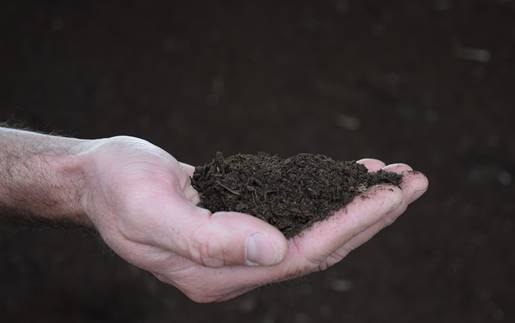After two years of consultation with a variety of stakeholders in the organics industry, the REAL, supported by the BSI, have published the revised quality compost specification, PAS 100:2018. Now in its second revision, the standard has been reviewed in order to make it more robust and improve the quality of compost.
Key changes include:
- A compost quality clause allowing both the producer and composter to set quality requirements above baseline PAS levels. Composters will need to check with each customer (in writing) any additional requirements, to certify that the compost produced is “fit-for-purpose”.
- The Hazard Analysis and Critical Control Point (HACCP) has been extended to include hazards affecting quality, as well as safety and having a team approach to developing a Safety and Quality Control System (SQCS).
- If the product has been stored for a period of six months or longer, the compost must be re-assessed against the standard and recorded within the system’s documentation.
- The dispatch of finished and sampled batches of compost for use is restricted, until the laboratory results have been confirmed as PAS 100 quality.
- Deliveries of input materials must be checked against the acceptance criteria defined by the producer. The new standard has also reworded the clause regarding waste wood; only untreated waste wood is an allowable input.
- Composters must have an index of Quality Management System documents and display a revised logo on supply and dispatch documentation.
- The quality policy and relevant parts of the QMS shall be communicated to all site personnel whose activities affect compost quality. Each person on site who is involved in the PAS 100 process shall be trained on their duties and a training record for each person maintained.
